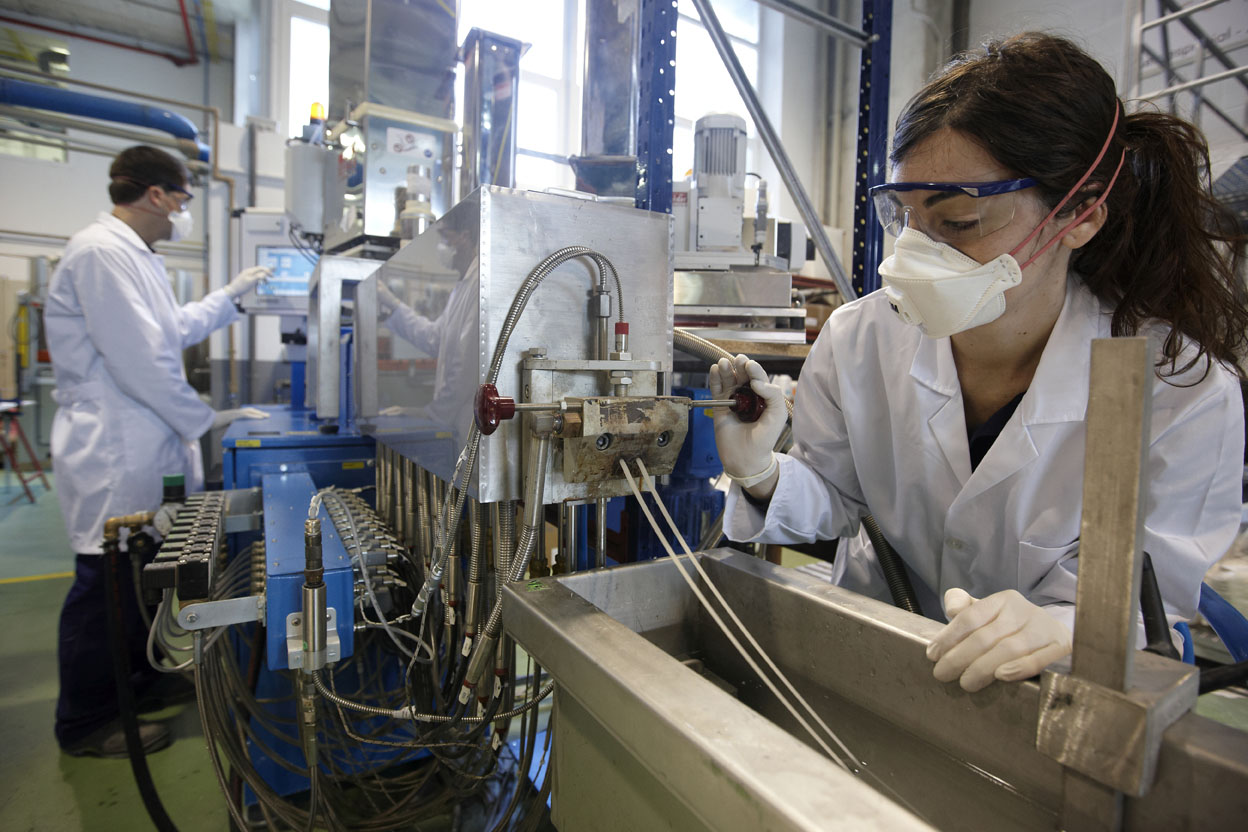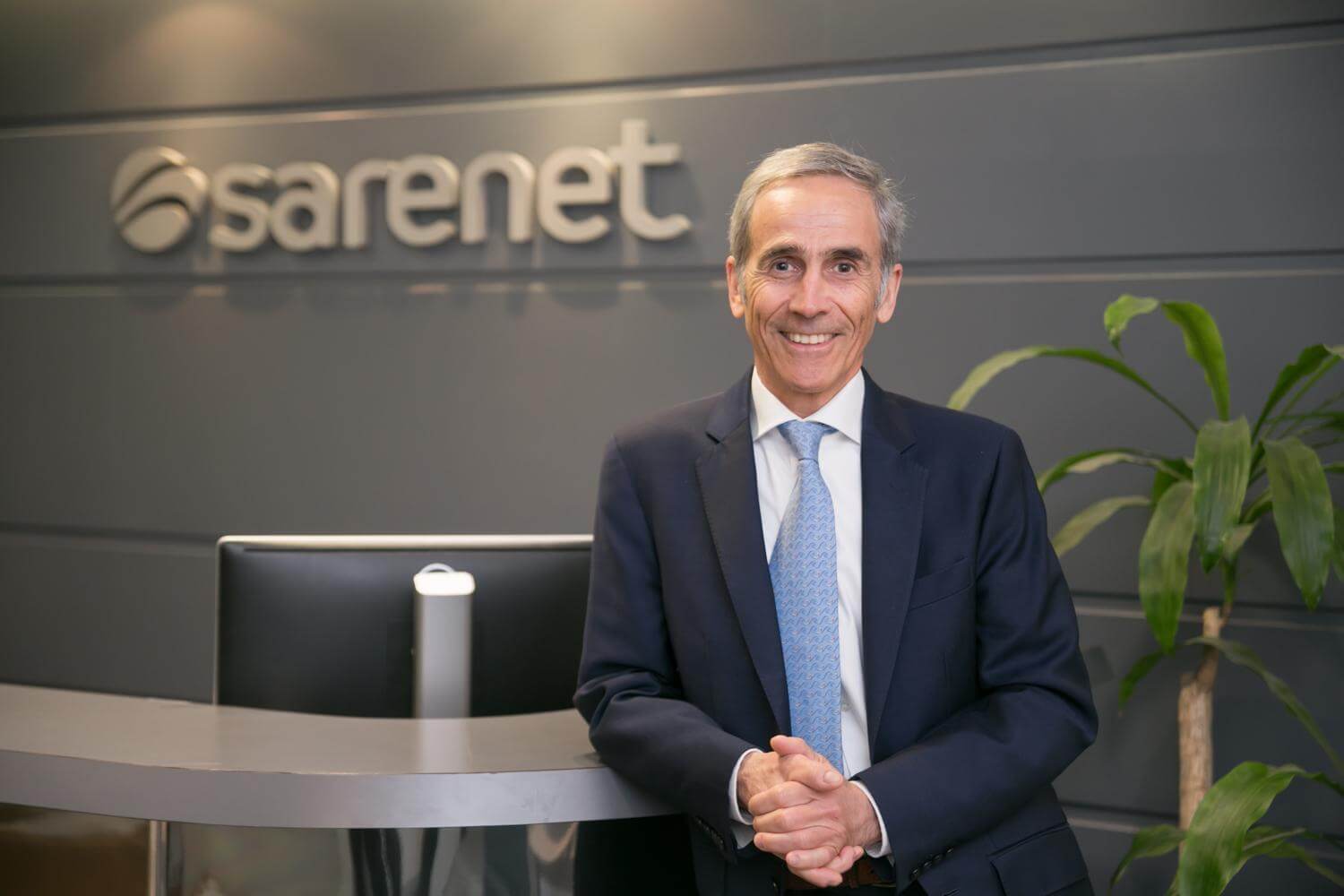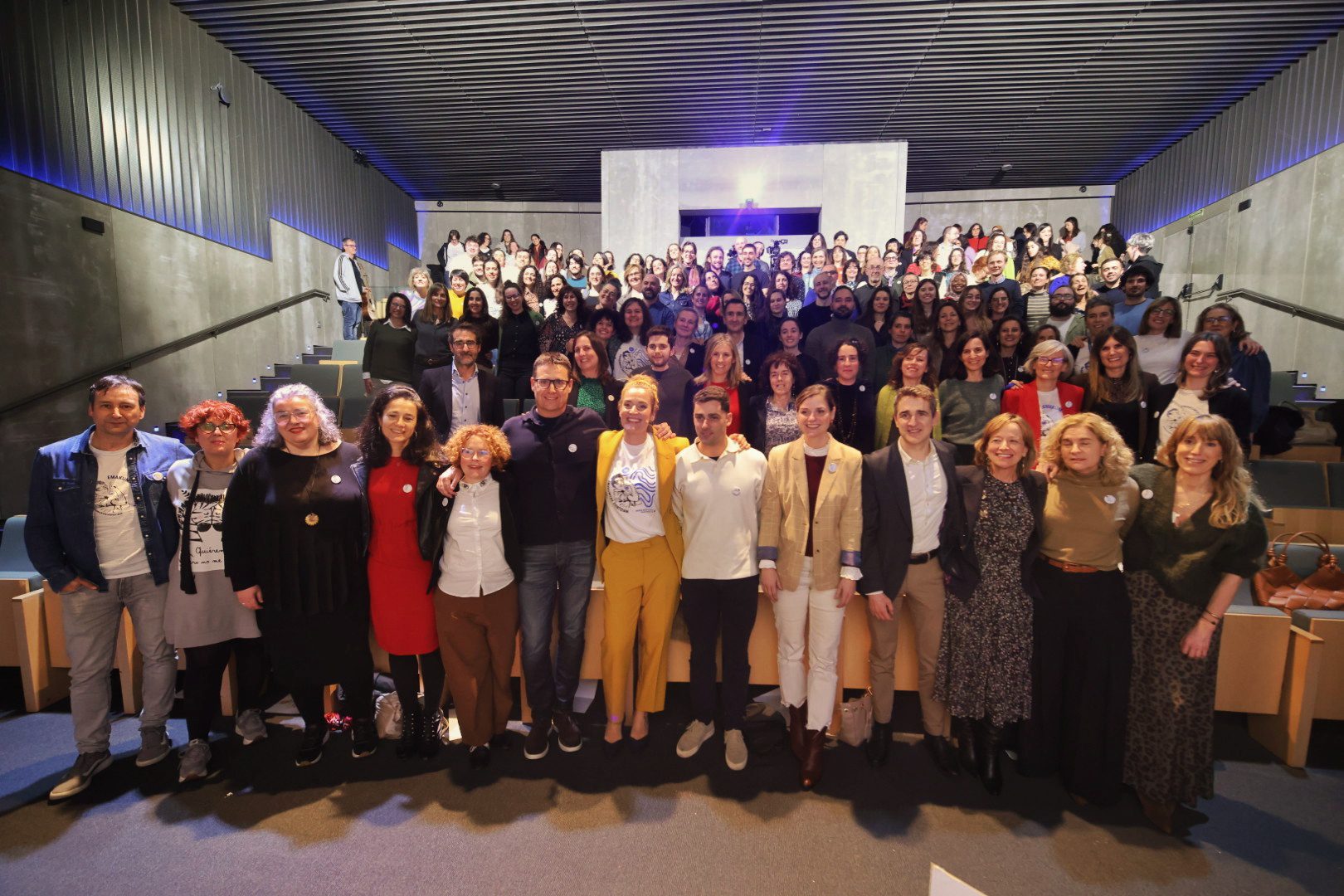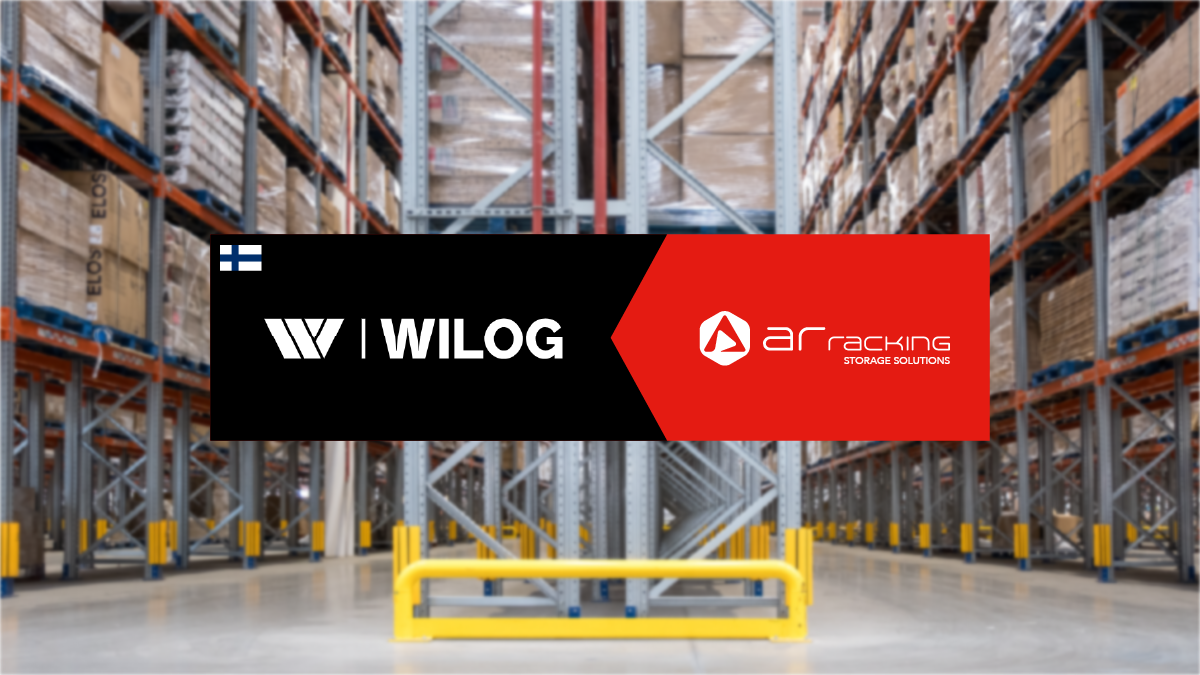TECNALIA and BIRZIPLASTIK join forces to develop circular economy technologies for industry

The research and technological development centre and the company for the revaluation of industrial plastic waste collaborate in the implementation of technologies for the incorporation of recycled plastic in the automotive industry and composite materials in new products with high added value.

The TECNALIA research and technological development centre and the industrial plastic waste revaluation company Birziplastik have joined forces to bring the circular economy to industry, through technologies that favour, on the one hand, the sustainability of its processes and, on the other, its competitiveness. The aim is to implement a circular production and consumption model, which proposes reducing natural resources in production processes as much as possible, maximising the use of products for as long as possible and generating greater value at the end of the useful life of products through reuse, remanufacturing and recycling.
Tecnalia and Birziplastik are currently collaborating in the implementation of technologies for the incorporation of recycled plastic in the automotive industry and for the recycling of composite materials in new products with high added value.
The first of the initiatives, supported by the Hazitek programme, also has the collaboration of Mondragón Sistemas de Información, Matz-Erreka, Larrañaga Plásticos, Automatismos Maser, Xabet Digital and Ekide, and is a technology based on artificial intelligence to explore new formulations of recycled origin that are reliable and sustainable. With its implementation, it will achieve a 50% reduction in the defective use of plastic parts; achieve a presence of at least 20% of recycled material in the parts; and reduce consumption by 20%. This technology will assist the machine operator in making decisions to establish the optimal parameter values of the plastic injection moulding process and thus reduce the number of defective parts, to ensure a high level of efficiency.
The second initiative, supported by a European programme, focuses on the development of technologies for the reuse of composite materials at the end of their life cycle in new products with high added value. Thus, together with Idec and Reciclalia, and other partners from 7 different European regions, they are working on a solution based on the interaction between technical and social ecosystems at local and interregional level, to benefit the environment, industry, consumers and European society.To this end, they will launch two circular pilots: mechanical recycling and hybrid reprocessing and thermochemical recycling and textile reprocessing of composite waste.
The collaboration between the two will go further, and the aim is to develop technological solutions that companies can incorporate into their processes to promote the circular economy in different areas, for example: fine-tuning and development of mechanical recycling technologies for the reuse of waste polymeric materials; reconditioning of recycled fibre and identification of new applications for this material; recycling of carbon fibre reinforcements or quartz flours; or obtaining raw materials with different reinforcements such as glass or carbon fibres.
Cristina Elizetxea, a researcher at TECNALIA, says that “we want to offer innovative technologies to make companies and society more sustainable. To this end, we participate from the eco-design stage of materials, products and processes, to the development of solutions for recycling and waste recovery, incorporating digital technologies to make the transition to the circular model more efficient. And our commitment is to do so through collaboration with companies such as BIRZIPLASTIK, to promote smart, sustainable and integrated growth of industrial activity, which promotes the economy and guarantees the well-being of future generations.




